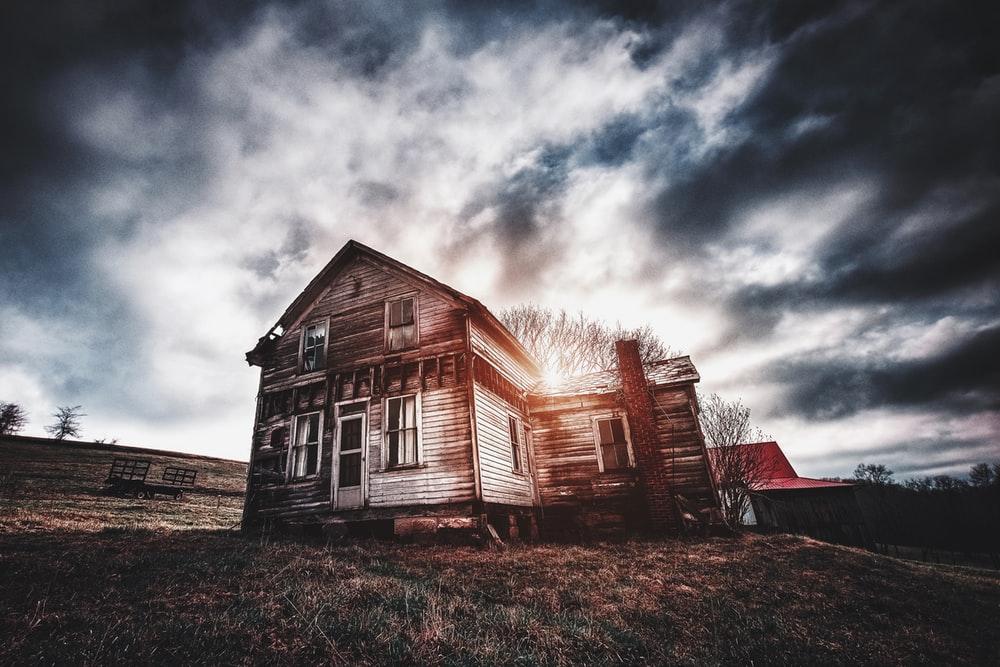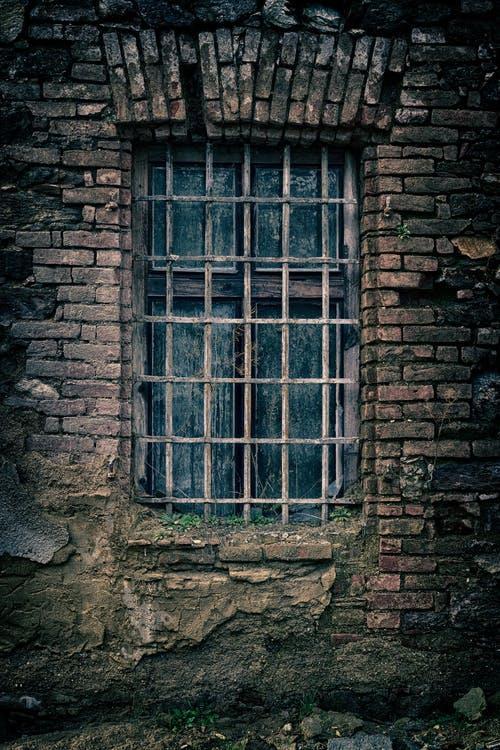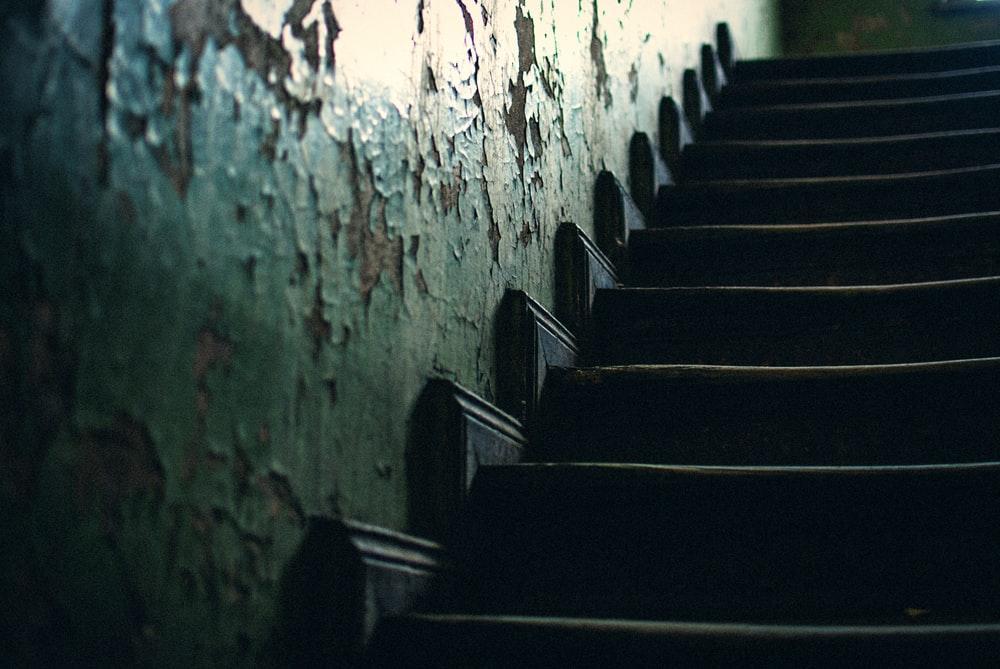
If you are considering purchasing an older home, the perceived value may be an illusion. While many of these homes come with what appears to be a discounted price tag, they often hold secrets that may hurt your pocketbook soon after acquisition.
We exist in a time when home rehabs are all the craze. Rehabilitating homes is a logical concept and in many cases a very economically-sound move. On the other hand, on some occasions, the savings on older homes turns out to actually not be a savings at all. Here, we will delve into the hidden costs related to buying older homes.
Roof Leaks
If there are leaks in the roof of your home, you may have to replace sections or even your entire roof, including wood and shingles. This invisible cost can blindside you and drain your wallet of quite a bit of unexpected expenses.
In cases of roof replacements, there is typically more collateral damage. Leaky roofs often result in damaged ceiling drywall that has to be replaced, textured, and painted. Moisture from leaky roofs may also lead to the appearance of black mold, the silent killer.
Black Mold
Black mold is known as the silent killer because it can be deadly if it goes untreated. Old homes will sometimes have black mold hiding in unseen areas. Anywhere that moisture gathers is a potential cite that black mold can fester. If a house has been sitting uninhabited for an extended period, make sure to have the property inspected for mold and order mold remediation if there is any mold found.
Pest Infestation
Rodents such as termites, mice, rats, and bats may be lurking in old homes, meanwhile causing damage or dropping toxic fecal matter around in the property’s interior. The eradication and post-eradication clean up of pests in older homes is a definite expense that homebuyers often overlook when purchasing older properties.
Attics, basements, and crawl spaces should be inspected for traces of pest infestations prior to the home purchase. Having a professional come to the residence to see if there are any pests lurking, may save you from paying the hidden costs related to these pesky critters.

Outdated Windows
Older homes were built with windows that were not as energy efficient as newer designs. Buying a dated home without considering the cost of replacing all of the windows is a huge mistake.
Acquiring a home that needs every window replaced, means that thousands of dollars will need to be spent to modernize the storm windows and screens in the house. Unlike being able to replace appliances using a home warranty, windows are an expense that will cause your pockets to take a direct hit.
Old Walls and Floors
This is where many homebuyers overlook what their rehab costs will be in an older home. You may feel that a coat of paint is all you need to get your walls ready to go. The problem with dated properties is that there is typically wallpaper in multiple rooms of the home. This wallpaper may be multiple layers thick. If this is the case, all paper must be removed, and a coat of mud will need to be applied before any painting can be done.
The same holds true for floors in the home. You may love the fact that there are hardwood floors in the home, but later realize that it will cost more than you expected to restore these floors to their original luster, or replace them altogether.

Lead Paint
If you are dealing with a home that is older, the chances are that you will have to contend with lead-based paint. Lead is metal that is highly toxic, particularly to small children. Lead is linked to brain damage, liver damage, nerve damage, and blood contamination.
If lead paint is chipped, small children can digest lead chips and become subject to any and all of the harmful side effects of lead poisoning. If you have chipped lead paint, you will likely need remediation to address this issue.
Conclusion
If you are thinking about buying an older residence, you can’t afford to overlook or underestimate the factors mentioned here. The best solution is to have a professional home inspector come out to the property and evaluate the home.
Realtors will often put contingencies in the purchase contract related to the results of an inspection. The conditions will state that if the property doesn’t pass inspection, the earnest money will be returned to the buyer.